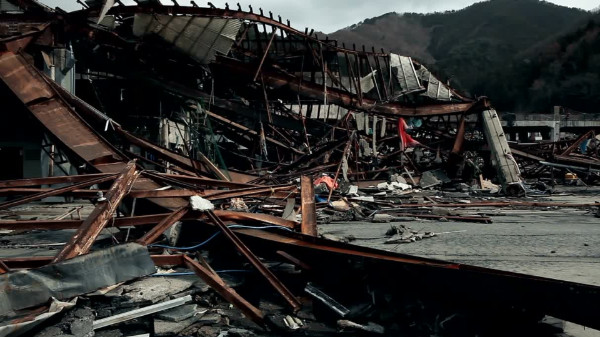Earthquake Risks in BC
Over 5,000 earthquakes are recorded in Canada each year. In BC, we are at risk for what is known as “The Big One or Megathrust”. This relates to the belief that there is potential for an earth-shaking event of considerable magnitude that will cause serious damage, injuries, and fatalities. Vancouver Island, the West Coast of BC, and Metro Vancouver are all high-risk areas. Now is the time to review your home or business insurance policy and determine if buying earthquake insurance is in your best interest.
What Does Earthquake Insurance Cost in BC?
Earthquake insurance costs are based on your location and are more expensive in areas with a higher risk of an earthquake. In some regions, earthquake coverage can represent more than half of your annual premium! In today’s inflationary world, many of us would prefer earmarking those dollars towards cost-of-living needs rather than budgeting for the ‘what if’?

The Unthinkable Scenario
What if BC was hit with a major earthquake—a disaster so large that electricity, food supply, and sewer infrastructure were all destroyed? If our personal residences were so badly damaged that you couldn’t safely remain in your house, where would you get the money to finance your family’s contingency plan and move forward? Given that the provincial government has excluded earthquakes as an eligible event for receiving financial disaster relief, earthquake coverage may be your best answer!
What is Earthquake Coverage?
Earthquake coverage is an add-on to many insurance policies for specific geographic locations. Your eligibility is based on your postal code, and it may not be available to some folks living in the Lower Mainland due to geological risks including fault zones and ocean proximity (e.g., Richmond). For the rest of us, let’s take a deeper dive.
Should I Purchase Earthquake Insurance in BC?
There is currently no way to accurately predict when or where an earthquake will happen, but we do know that southern British Columbia is one of the most seismically active regions in Canada. Some of this is because BC is near the Juan de Fuca subduction zone.
Subduction zones are notorious for creating massively damaging earthquakes with aftershocks; this is partially because the tectonic plates in subduction zones are closer to the surface. Quakes that occur along this subduction zone are called megathrust earthquakes and can be up to magnitude 9.
BC is also due for a “crustal” earthquake, which will occur between the mainland and Vancouver Island. There is a 1 in 5 chance that this crustal earthquake will occur within the next 50 years, and it is estimated to be around magnitude 7.
Based on the knowledge above, we understand that earthquakes are a very real concern for folks living in the lower mainland, and we are committed to keeping you protected in the event that an earthquake occurs here. We recommend keeping earthquake coverage on your policy and purchasing it now if you don’t have it already.
The Volcano Discovery shows all you need to know about earthquakes based on regions, recent statistics, and so much more.
In the event of an earthquake, your family is protected in three ways:
- replaces the full value of your house if it is destroyed (e.g., $1 million).
- covers the belongings that were destroyed by earthquake damage (e.g., $150,000+).
- covers additional living expenses and accommodations while the claim is being adjudicated and the home is being rebuilt (e.g., VRBO at $2500 x 18 months).
In the event of an earthquake claim, the deductible is 10% to 25% of the insured value (e.g., $150,000 on a $1 million home), while the insurer picks up the rest.
Insure Up or Insure Down?
An additional earthquake buydown is available, which reduces your 10% to 25% deductible for an additional cost. For my home, it’s about $500 more per year. This protects $150,000 of my money needed for a deductible if I had a claim—over 10 years, my cost is only $5,000! With the growth in Vancouver real estate, this might be a good value. Another option is to cover just the building reconstruction and opt out of replacing your damaged goods to reduce your premiums. Either way, insurance may be your cheapest alternative to other financial options at your disposal.
What Are Your Other Options?
Consider the alternatives and ask yourself a few questions:
- Do you have enough free capital to replace your home?
- Could you manage cash flow for a period of 18–24 months and still pay your mortgage on a home that is no longer standing?
- Would the bank lend you money on a home line of credit given that the home is no longer saleable?
- Does this kind of disaster wipe out your family’s savings in your registered and non-registered portfolios?
- Have you factored in withholding and capital gains taxes? What if it happens in a poor market year and you must sell when it’s down 20%?




Reliance Insurance proudly serves
Burnaby and the Vancouver area